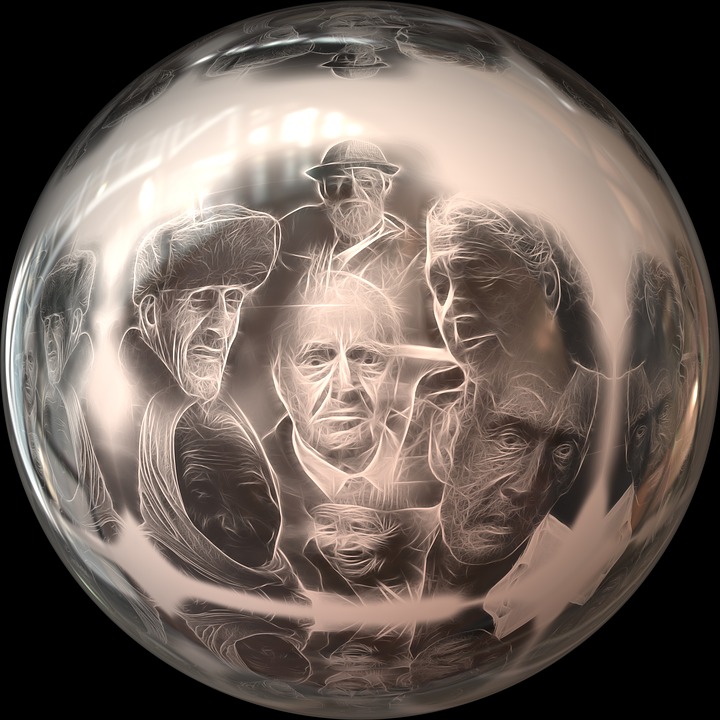I wish Leonard Cohen could have been in the same room in Vienna where Viktor Frankl and Pinchas Lapide had their conversations in 1984 around the search for meaning [see previous two blogs]. It sounds like the beginning of a joke in poor taste …three Jews – a singer, a psychiatrist and a philosopher walk into a bar, sit down at one of the small oak tables and orders a round of schnapps…
Except that their lives were no joke. Two of them survived the terrors of the holocaust, the other survived life. Lapide escaped to England from a concentration camp, soon after watching his father being forced to clean the streets of Vienna with a toothbrush. He took a ship to Palestine, joined the Jewish – English brigade and fought in Italy against the Germans. He pursued a career as diplomat in Italy, and finished his studies at a late age on the philosophy of religion – focussing on the New Testament as a Jewish manuscript and trying to understand how Nazi’s who called themselves Christians, the followers of a Jew, could exterminate millions of Jews. At the same time he acknowledged that it was “Christians that brought me to a concentration camp, it was Christians that helped me to flee“. Through dialogue he focussed on forgiveness and reconciliation.
Viktor Frankl worked as a neurologist and psychiatrist in Vienna. With an expired American visa in his pocket working in the Rothschild hospital, he saved many Jews from exportation by giving false diagnosis around their mental health. Eventually the hospital was closed down in 1941 and together with his wife, brother and parents he was deported to a concentration camp. Sewn into the seams of his jacket was the text for his book on logotherapy. He was the only one of his family to walk out of these camps, forced to leave the notes for his book behind in Auschwitz in October 1944. He returned to Vienna and worked frantically to recover the text he lost. His famous book, Man’s search for meaning was published two years later in 1946. The first part is an analysis of his experiences in the concentration camps, the second part an exposition of his theory on logotherapy, a psychotherapeutic method involving the identification of a purpose in life and imagining the outcome. The library of Congress listed it as one of the ten most influential books in its collection.
Leonard Cohen was the descendant of Orthodox Jewish rabbis from Lithuania and Poland who emigrated to Montreal, Canada in 1927. On being a Kohen, he said “I had a very Messianic childhood. I was told I was the descendant of Aaron, the high priest.” As singer-songwriter he explored politics, personal relationships, isolation, sexuality and death.
Three eldery men walk into a Viennese café, sit down at one of the small oak tables and as is their habit, order coffee with schnapps….each one in his own way tried to make sense of life, of experiences deeply sensed in their bodies.
